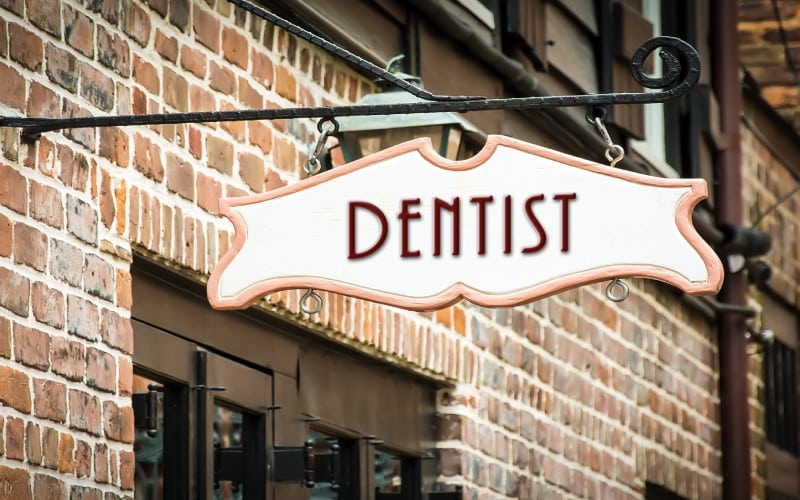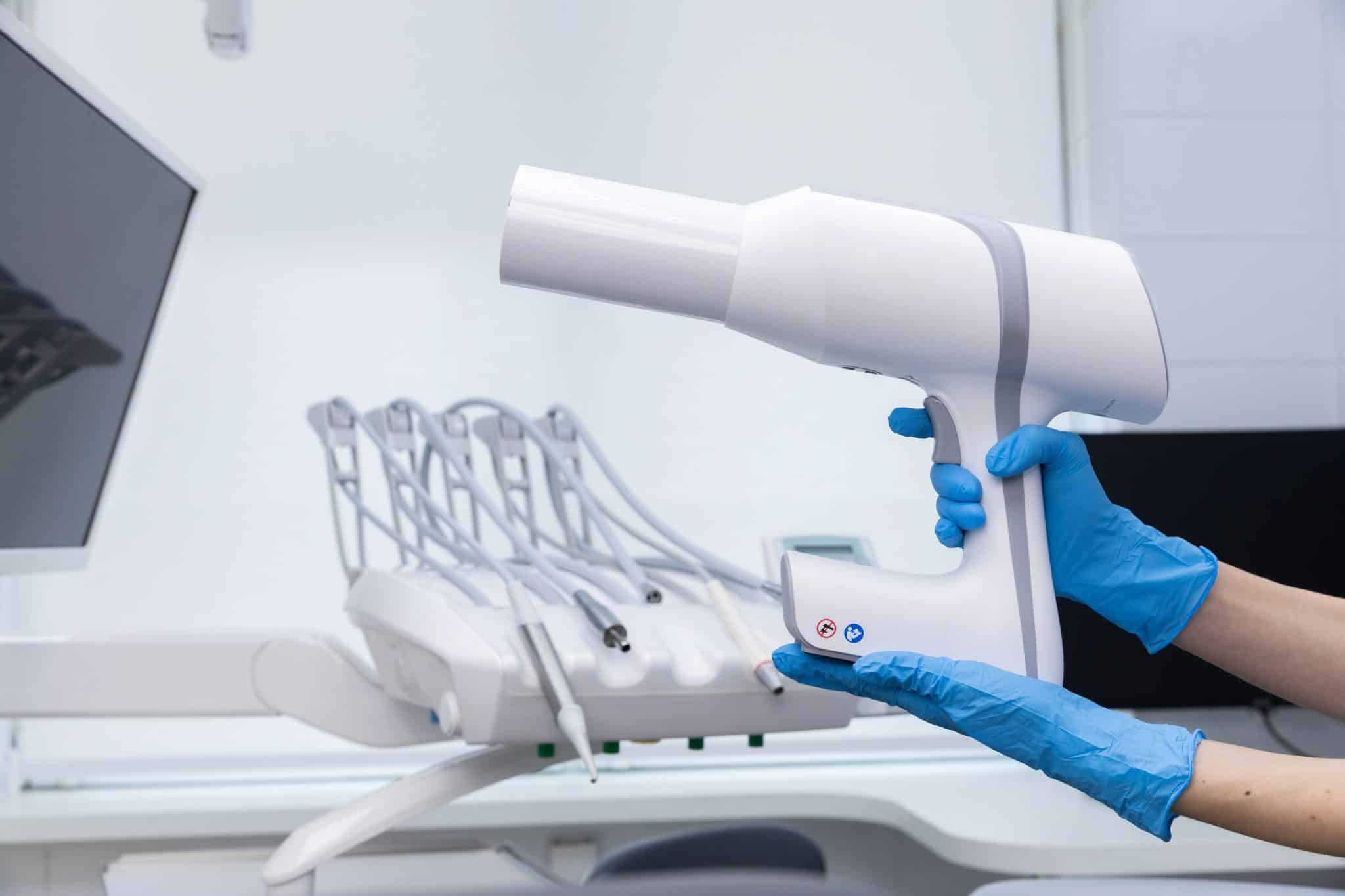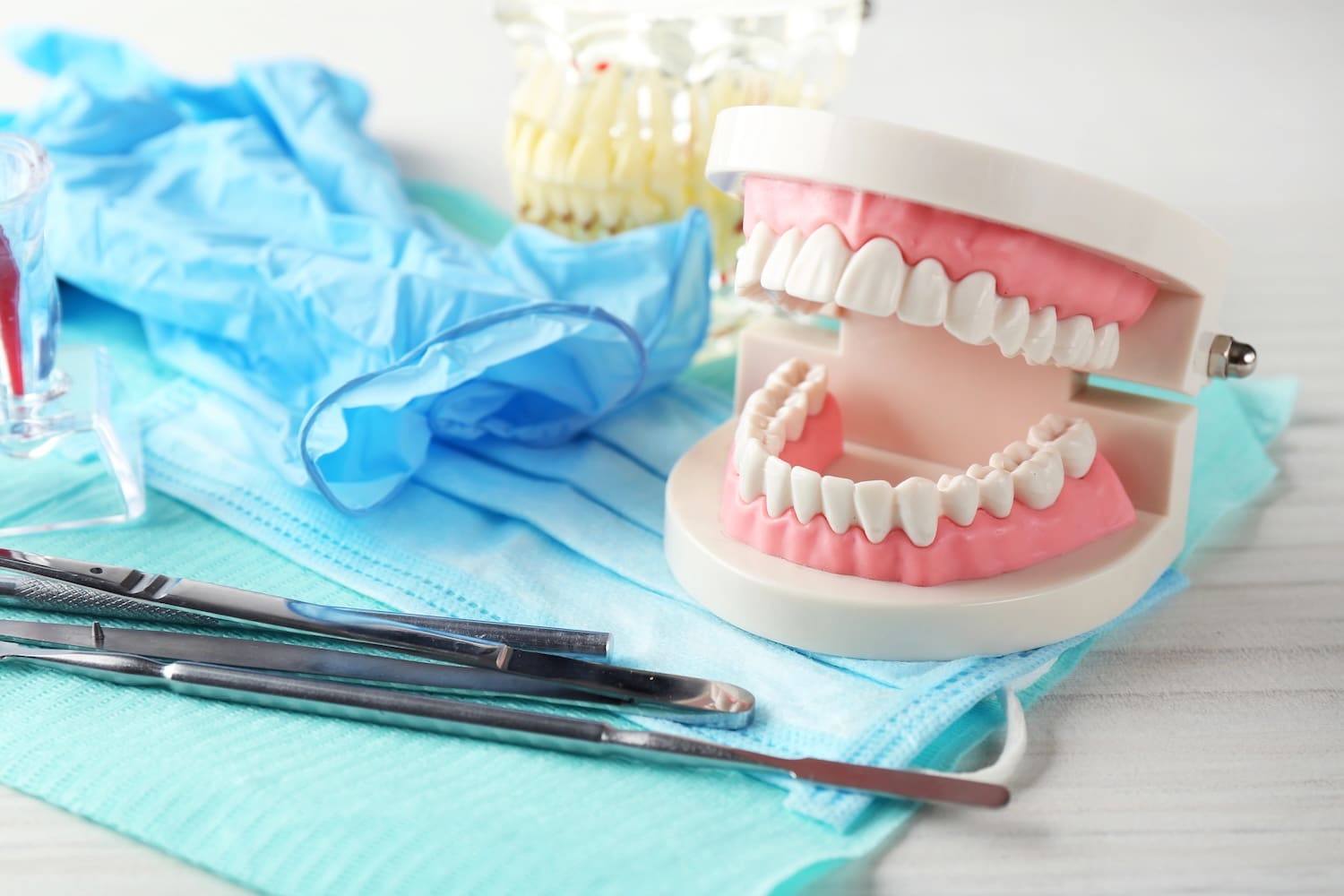The corporation share structure of a dental practice is important and can have a significant impact on how a dental practice operates.
Table of Contents
ToggleKey Takeaways
Ownership Organization: A well-defined corporate share structure is vital for outlining ownership interests and responsibilities within a dental practice, ensuring clarity and transparency among shareholders.
- Tax Efficiency: Properly structured corporate share arrangements can offer tax advantages, including income splitting, capital gains, and access to corporate tax rates, helping to optimize tax planning and minimize overall tax liabilities.
- Liability Protection: Incorporating a dental practice and establishing a corporate share structure can provide dentists with limited liability protection, safeguarding personal assets against business debts and legal claims.
- Flexibility and Governance: The corporate share structure allows for flexibility in ownership transfer and succession planning, enabling dentists to adapt to changing circumstances and effectively manage the practice’s governance and decision-making processes.
- Credibility and Growth Opportunities: A structured corporate share setup enhances the credibility of the dental practice, potentially attracting investors and facilitating expansion opportunities through mergers, acquisitions, or partnerships.
- Strategic Planning and Compliance: Dentists should carefully consider various factors such as individual financial goals, regulatory requirements, and long-term objectives when designing the corporate share structure. Seeking guidance from legal, financial, and tax professionals is essential to ensure compliance and alignment with strategic objectives.
Background: Corporate Structure Options
Dental practices in Canada have several corporate structure options to choose from, each with its own set of implications and benefits. Sole proprietorships, partnerships, and corporations are the main options available. While sole proprietorships and partnerships may be suitable for some small businesses, dental practices often find that incorporating provides a more robust and flexible foundation for growth.
Benefits of Incorporating for Dental Practices
Incorporating a dental practice can help contribute to the overall success and sustainability of the business. One of the primary advantages is limited liability. By incorporating, dentists can protect their personal assets from business-related liabilities, in case of malpractice claims and other unforeseen challenges.
In addition to limited liability, incorporating offers significant tax advantages. Dental practices can take advantage of tax planning strategies not available to other business structures. For instance, corporations can access the small business tax rate, resulting in potential tax savings that can be reinvested into the practice.
What Are Corporate Share Structures?
A corporate share structure is a key element of incorporation. A share represents ownership in the company.
Incorporated dental practices have the flexibility to choose their share structure so it can align with their goals. The most common types of shares are common shares and preferred shares. Common shares signify ownership and voting rights within the company, whereas preferred shares provide certain advantages like receiving dividends first or having priority in asset distribution during liquidation. Some offices may offer employee stock options which grant employees the right to purchase company shares at a set price. There are other share options, but they are not commonly used in dental practices.
To customize ownership and decision-making, dental practices can have different classes of shares. For example, the practice might issue voting shares to dental professionals actively participating in management, ensuring they have a say in key decisions, while non-voting shares may be given to silent partners or investors, allowing them to invest without actively influencing business decisions.

Impacts of Corporate Share Structure
The share structure has several significant impacts on a dental practice.
Ownership and Control
The share structure determines how ownership and control are distributed among shareholders. As mentioned earlier, common shares give voting rights and a say in major decisions. Whether these shares are chosen and how they are allocated affects how much influence different stakeholders have.
Capitalization and Financing
The share structure influences how a dental practice can raise funds. Different classes of shares may have different rights and preferences to attract investors. Preferred shares may attract investors looking for stable dividends without active participation, while common shares may appeal to those seeking more input.
Dividends and Profit Distribution
The share structure dictates how profits are distributed, as different classes confer different entitlements to dividends. Preferred shares, for example, may have priority over common shares in receiving dividends.
Employee Incentive
Practices that offer employee stock options may be able to attract, motivate, and retain quality employees better.
Succession Planning
A share structure can facilitate succession planning. If the dental practice intends to transfer ownership or bring in new partners, the flexibility of the share structure becomes important. Being able to issue different classes of shares is often desirable and eases the transition of ownership.
Tax Considerations
The share structure has tax implications for both the dental practice and its shareholders. Different classes of shares result in varied tax situations, as dividends, capital gains, and other transactions have different rules.
Liability and Asset Protection
Share structures can help separate assets, such as real estate, from the operations, providing some liability and asset protection.

Why Structure Is Particularly Important to Dental Practices
Dental practices face unique challenges compared to other businesses, and the choice of corporate share structure has significant consequences. For example, the personal and professional reputation of a dentist is critical, making the limited liability protection offered by incorporation especially crucial. In the event of malpractice claims or disputes, separating personal and business assets protects a dentist’s personal wealth.
Additionally, dental practices may involve partnerships between practitioners. The choice of share structure becomes a major consideration in establishing decision-making processes within the practice. Careful consideration of the share structure can help avoid conflicts and ensure a smooth operation of the business.
Importance of Expert Strategy
Understanding nuances like this, and intrinsically understanding the unique and challenging aspects of the business and financial challenges that dentists and dental practices face requires expertise and experience. An optimal strategy for corporate structure can significantly reduce taxes and offer other competitive advantages.
The Dental Tax team has both experience and expertise, giving us the ability to help dentists on an entirely different level compared to generalized accounting and tax firms. If you are starting a new practice or restructuring, we can help you set up an optimal structure to help you get ahead.
For specialized assistance in optimizing the structure of your dental practice, contact Dental Tax at +1 (888) 450-4111 or visit us at 1100 Burloak Drive Unit 300 Burlington, ON L7L 6B2.
FAQS
What are the benefits of implementing a corporate share structure in a dental practice?
-
- Establishing a corporate share structure can provide benefits such as limited liability protection, enhanced credibility, access to corporate tax rates, flexibility in ownership transfer, and potential for wealth accumulation and retirement planning.
How should dentists determine the appropriate corporate share structure for their practice?
-
- Dentists should assess various factors including their individual financial goals, practice size, growth objectives, regulatory considerations, and long-term succession plans when determining the optimal share structure. Consulting with legal, financial, and tax professionals is advisable to ensure compliance and alignment with strategic objectives.
What are the potential risks or challenges associated with the corporate share structure of a dental practice?
-
- While the corporate share structure offers numerous benefits, there are potential risks and challenges to consider, such as regulatory compliance, shareholder disputes, tax law changes, and administrative complexities. Dentists should proactively address these issues and periodically review and adjust the share structure as needed.
Adam has an MBA from the Richard Ivey School of Business in London and also holds a Chartered Investment Manager designation.
- Tax Return Preparation Guide for Dental Professionals - January 19, 2026
- Financial Lessons from Successful Dental Practices - January 12, 2026
- 2026 Tax Changes Affecting Canadian Dentists - January 5, 2026




